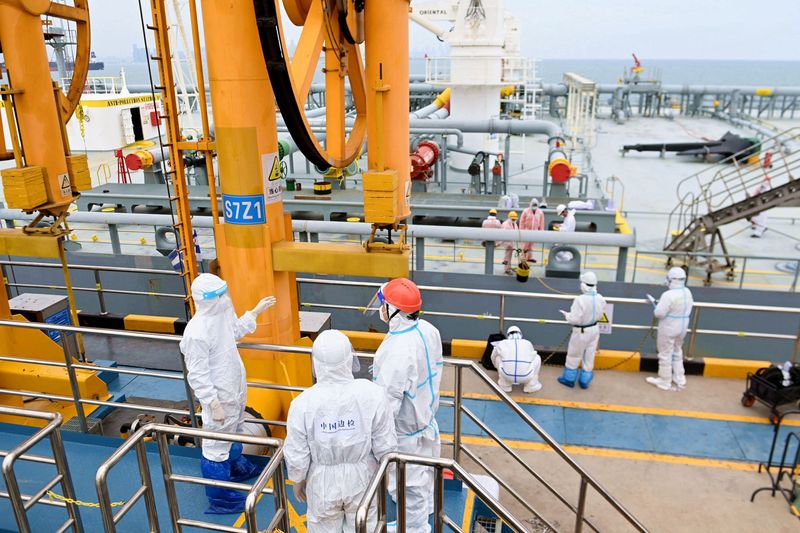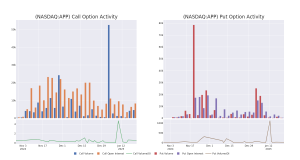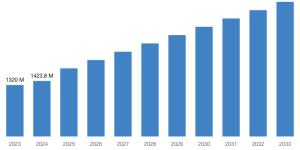
By Chen Aizhu, Siyi Liu and Trixie Yap
SINGAPORE/BEIJING (Reuters) -Shandong Port Group has banned U.S.-sanctioned tankers from calling into its ports in the eastern Chinese province, home to many independent refiners that are the biggest importers of oil from countries under U.S. embargo, three traders said.
The province imported about 1.74 million barrels per day (bpd) of oil from Iran, Russia and Venezuela last year, accounting for about 17% of China’s imports, ship tracking data from Kpler showed.
If enforced, the ban would drive up shipping costs for independent refiners in Shandong, the main buyers of discounted sanctioned crude from the three countries, the traders added.
Last month, Washington imposed further sanctions on companies and the shadow fleet that deal with Iranian oil. President-elect Donald Trump, who takes office on Jan. 20, is expected to tighten sanctions further on Iran, as he did during his first administration.
The ban could slow imports into China, the world’s largest oil importing nation, traders said.
The Shandong Port notice issued on Monday was obtained from two of the traders and confirmed by a third. It forbids ports to dock, unload or provide ship services to vessels on the Office of Foreign Assets Control list managed by the U.S. Department of the Treasury.
Shandong Port oversees major ports on China’s east coast including Qingdao, Rizhao and Yantai, which are major terminals for importing sanctioned oil.
Shandong Port did not respond to calls or an email from Reuters requesting comment.
SHANDONG PORT SAYS BAN TO HAVE ‘LIMITED IMPACT’
In a second notice on Tuesday, also reviewed by Reuters, Shandong Port said it expects the shipping ban to have a limited impact on independent refiners as most of the sanctioned oil is being carried on non-sanctioned tankers.
The ban came after sanctioned tanker Eliza II unloaded at Yantai Port in early January, the notice said.
In December, eight very large crude carriers, with a capacity of two million barrels each, discharged mostly Iranian oil at Shandong, estimates from tanker tracker Vortexa showed.
The vessels included Phonix, Vigor, Quinn and Divine, which are all sanctioned by the U.S. Treasury.
The active shadow fleet transporting Iranian, Russian and Venezuelan oil is estimated at about 669 tankers, said Michelle Wiese Bockmann, principal analyst with maritime data group Lloyd’s List Intelligence.
Of that total, 250-300 tankers were typically involved in shipping Russian oil, which excluded Iran’s biggest operator NITC and Russia’s leading tanker group Sovcomflot, she added.



